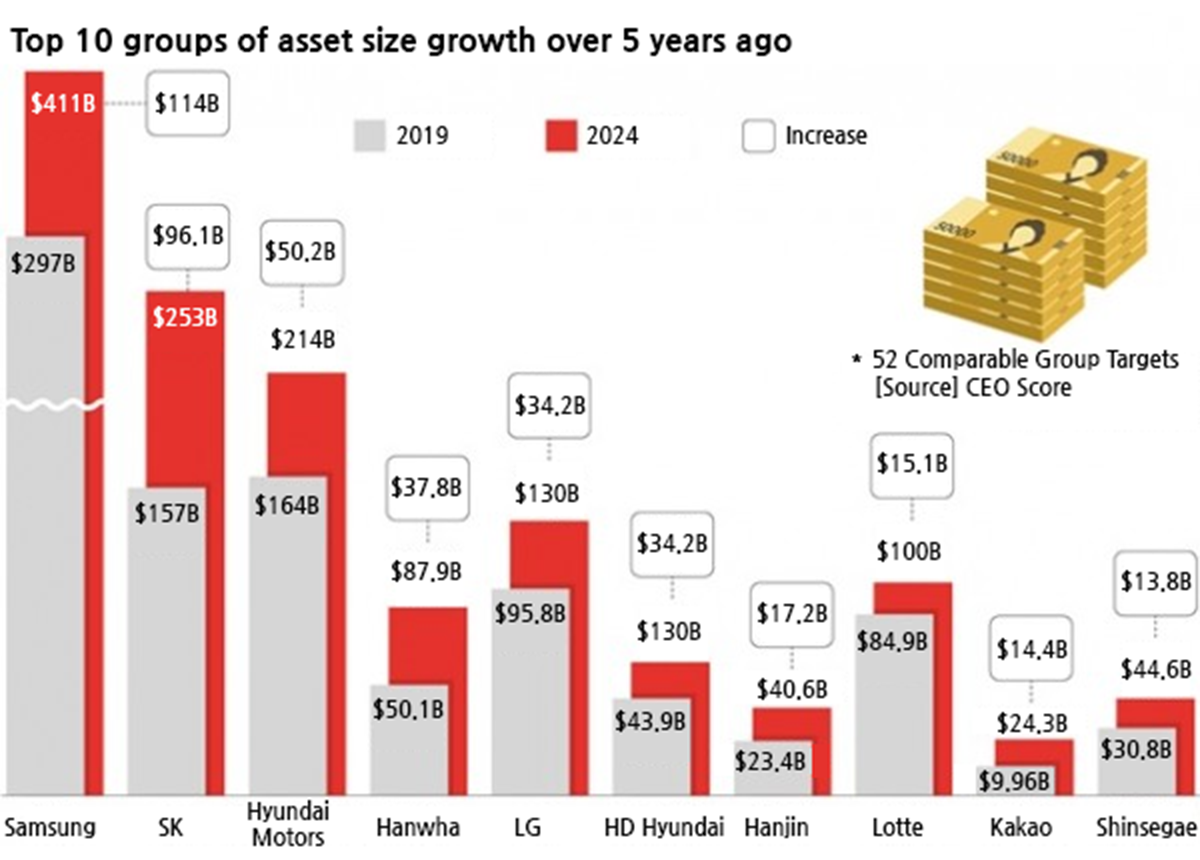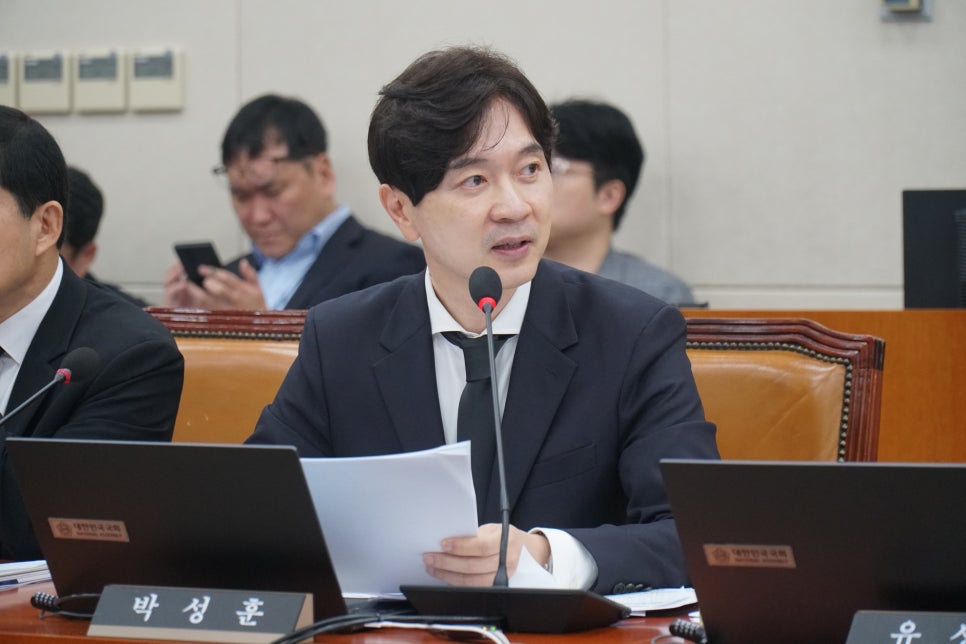
Starting next year, South Korea will officially mark May 1 as “Labor Day,” restoring the name for the first time in 62 years.
The Ministry of Employment and Labor announced on October 26 that the National Assembly had passed eight labor-related bills, including the Act on the Establishment of Labor Day, during a plenary session. The legislation changes the official name of the annual holiday from “Workers’ Day” back to “Labor Day.”
May 1 has long been observed internationally as May Day, commemorating the 1886 labor movement in Chicago that fought for the eight-hour workday. In Korea, the day was first celebrated as “Labor Day” in 1923, but the name was changed to “Workers’ Day” in 1963 under the Act on the Establishment of Workers’ Day. Initially set for March 10, the date was later moved to May 1 in 1994.
Supporters of restoring the term “Labor Day” argue that the word “worker” originated during Japan’s colonial rule and reflects a more passive, state-controlled notion of labor — unlike “labor,” which emphasizes autonomy and human dignity. Linguists also note that “geullo” means “to work diligently,” while “nodong” simply means “to work,” making it a more value-neutral and inclusive expression.
Critics, however, point out that the word “geullo” appeared as early as the Annals of the Joseon Dynasty, long before the Japanese occupation, and remains enshrined in the Constitution. They argue that the renaming is unnecessary and largely symbolic.
The Labor Ministry said it will work with relevant government agencies to consider designating Labor Day as an official public holiday, adding that discussions are ongoing in the National Assembly’s Public Administration and Security Committee. A bill to make the day a paid public holiday has already been introduced but remains pending.
Alongside the name change, lawmakers also approved several key amendments aimed at strengthening worker protections. The Guarantee of Workers’ Retirement Benefits Act will now prevent employers who have been publicly listed for wage arrears from avoiding prosecution for failing to pay severance.
Revisions to the Wage Claim Guarantee Act will allow the government to recover unpaid wages it covers on behalf of workers using the same procedures applied to delinquent tax collection. An amendment to the Employment Insurance Act will expand employment-retention subsidies during nationwide downturns in the labor market.
Other approved bills include measures to ease restrictions on establishing standard workplaces for persons with disabilities and to clarify the appointment of labor directors at public institutions such as the Korea Workers’ Compensation and Welfare Service and the Korea Occupational Safety and Health Agency.















